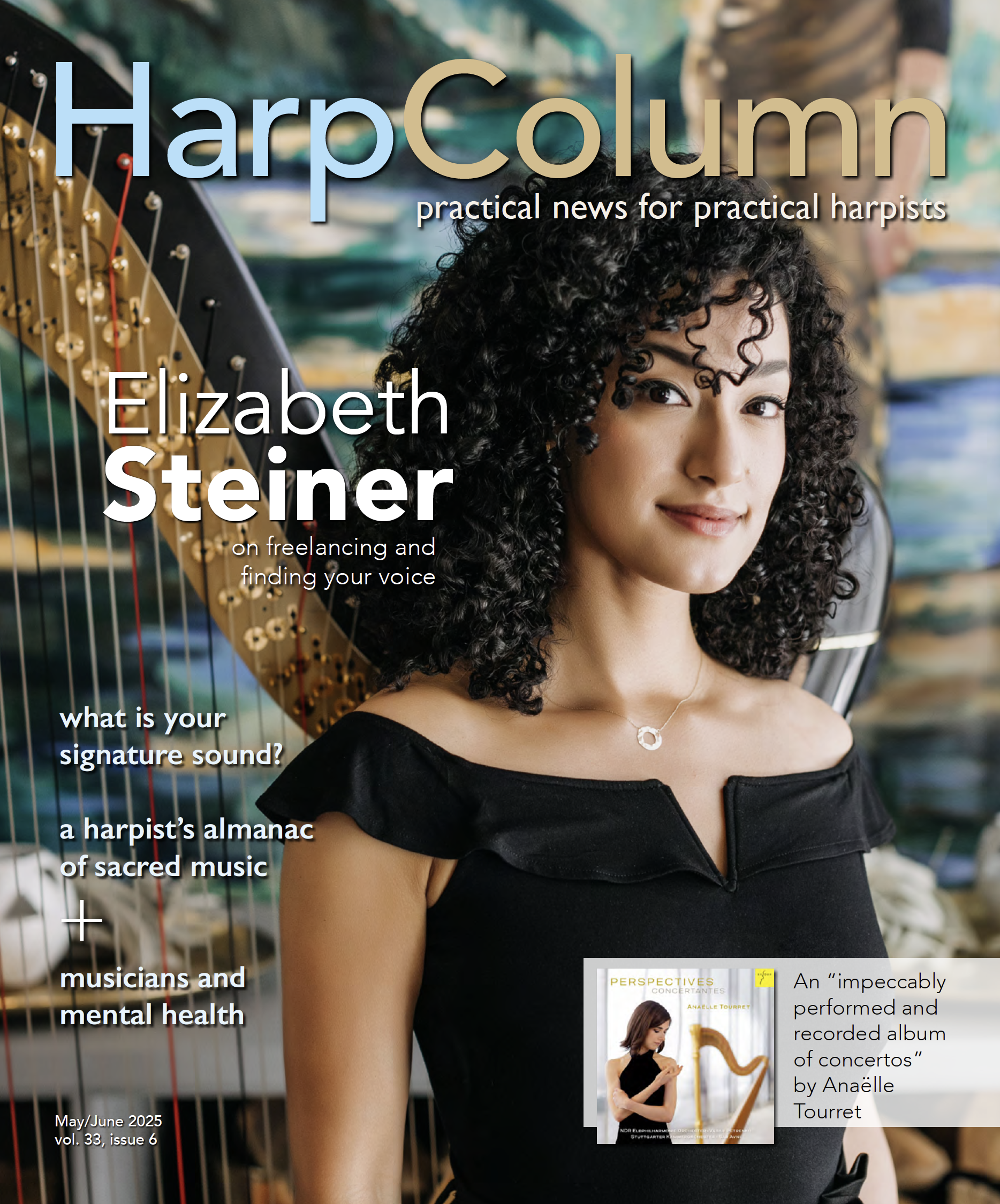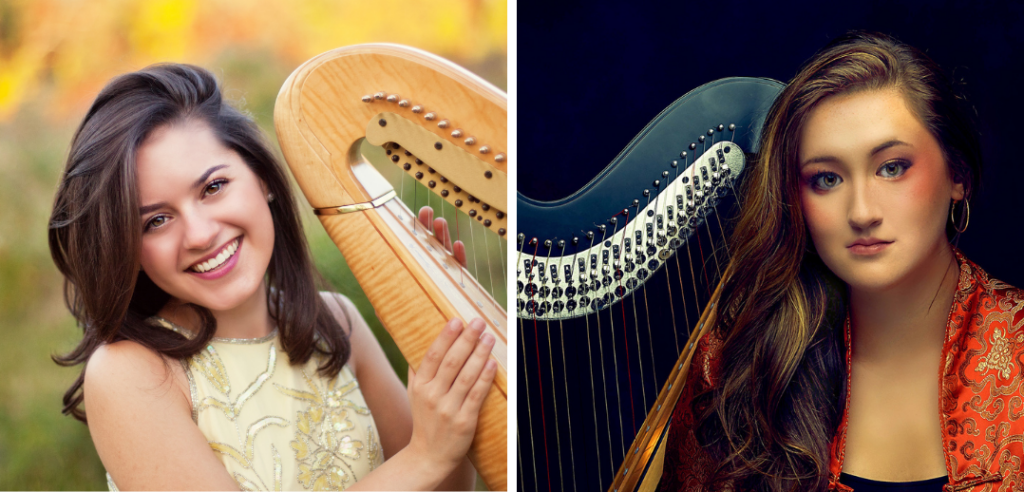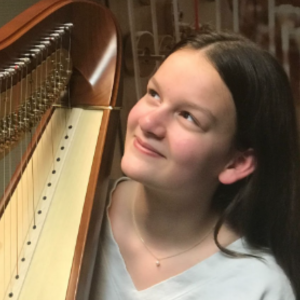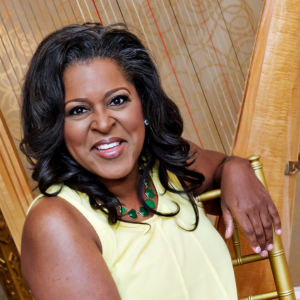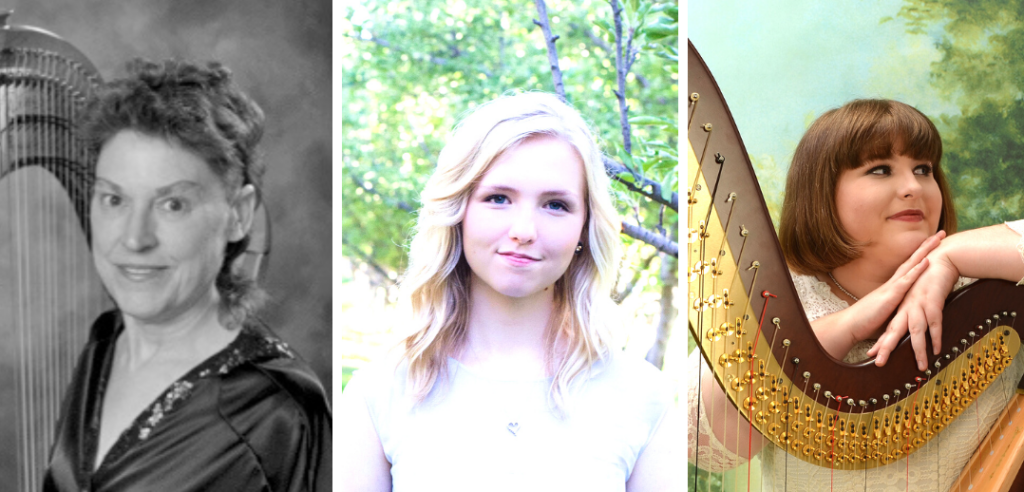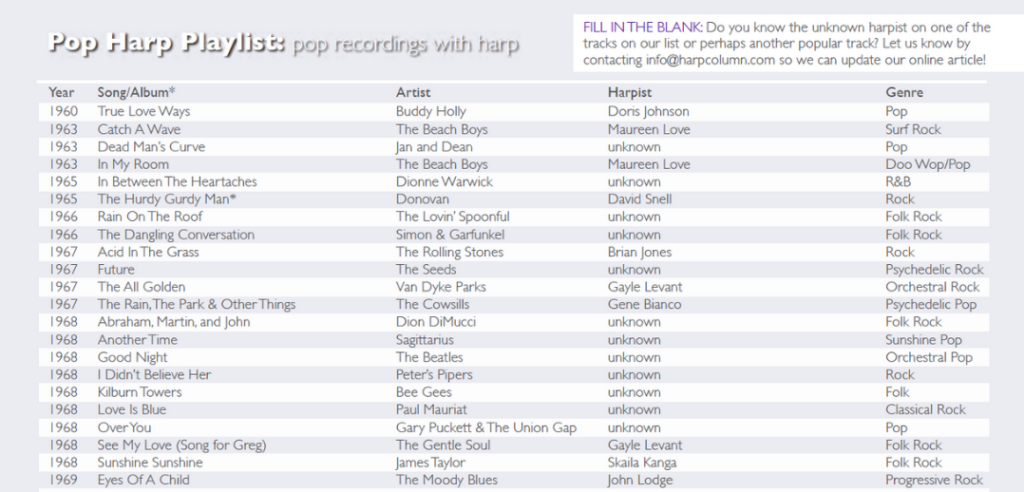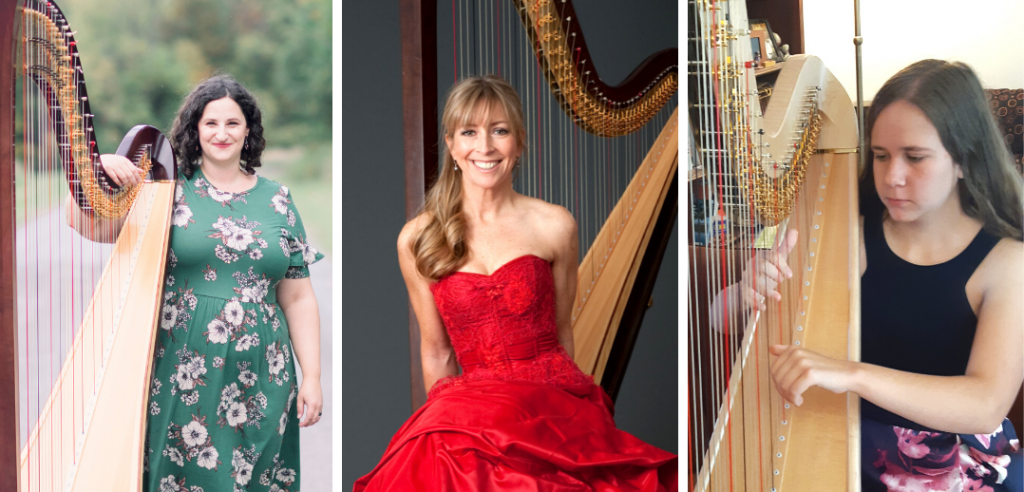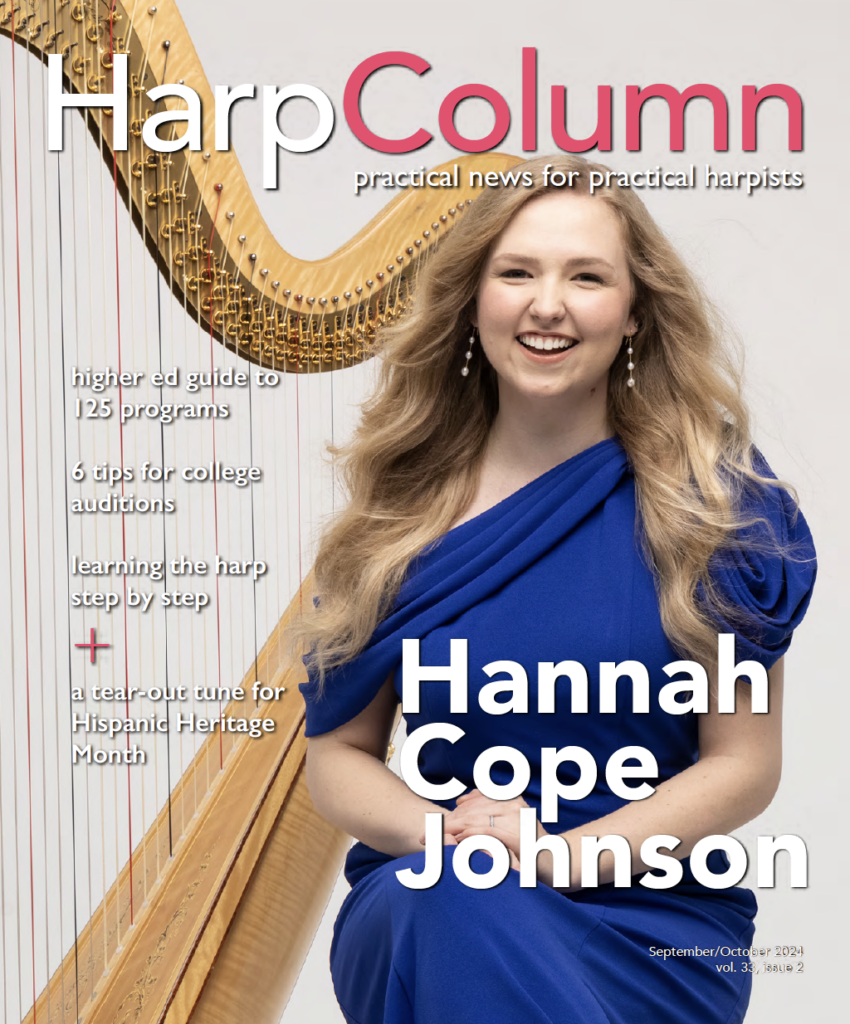This article extra is part of our feature article Higher Ed Harp Directory 2024 in this issue.

I recently committed to Florida State University (FSU) to study harp performance, and I am extremely grateful for the opportunity I was given to study harp there with Noël Wan. I was presented with many options to study with amazing teachers who I hope to cross paths with in the future.
When I began the audition process, I was extremely nervous about my auditions and felt overwhelmed by the sheer volume of pieces, essays, and recordings I had to complete. Now that I have had time to reflect on my decision to attend FSU, I can solidly say I am thrilled with my choice of university. While I would not change much about what I did this past year in my college audition and selection process, there are a few things that, had I known before my senior year, would have made the undertaking smoother.
1–Compile a list of colleges early and compare repertoire
When I was first looking at colleges, I prioritized the professors and the music programs, which are important. However, I failed to accurately assess the quantity and variety of repertoire I would be required to perform to audition for several of the colleges. This led me to drop schools from my list simply because I did not have time to complete the audition requirements, as they differed greatly from other schools to which I was applying.
2–Learn the audition rep early
It is of utmost importance to start learning your audition repertoire as soon as possible. I would recommend starting on your pieces midway through junior year prior to auditioning during your senior year. Doing so will make auditions less stressful, because you know you are well prepared.
3–Allow ample time for prescreening recordings
I was in my practice room making my 200th (this is not an exaggeration) attempt at a prescreening recording when I finally admitted defeat and decided to submit recordings I was not entirely happy with. The reason I struggled so much to make these recordings was largely because I had attempted to record three pieces in one day. If given the chance to do it over, I would have stretched the recording schedule over the course of multiple days or weeks to ensure I could get a satisfactory recording. However, for those procrastinators out there like myself, if you try to do all the recordings in one day, I recommend that you take the first or second recording you make rather than continuing to record when you are exhausted, in a futile search for the “perfect” take.
4–Build connections early
In the months leading up to the college auditions, summer camps, programs, and festivals will be your best friend. It is important to meet the teachers you want to study with before you even request a trial lesson with them. Building connections with teachers early gives you a chance to get to know them and feel more comfortable around them before you go into the audition room, which can ease some of those performance nerves.
5–Visit potential schools and take trial lessons
Researching schools online and taking trial lessons on Zoom can give you a general idea of what the school and teacher may be like, but there are some things that can only be felt and seen in person. The things you cannot see online such as studio dynamics, how other students interact with the teacher, and if you and the teacher click in person are equally if not more important than the information available online.
6–Relax
While choosing a college is an crucial step in a harpist’s life and career, it is not the end-all-be-all of your life. Before the audition, try to relax and have fun! Remember that everyone in the audition room wants you to succeed and is rooting for you. Be friendly with your fellow auditionees. These will be your colleagues in the future, and building relationships can help you feel more comfortable in future audition situations. •




